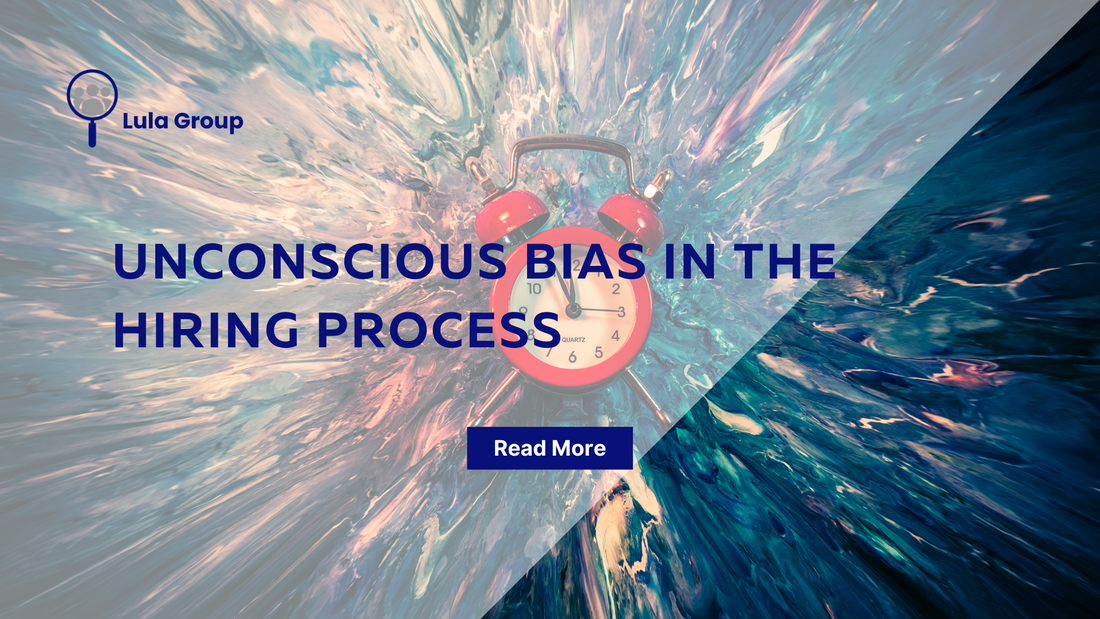Your hiring process is crucial for your current and future employees. Ensuring that there is no unconscious bias throughout is highly important. In this article, we will go through what this may look like and what you can do to be mindful of it.
First thing, what is unconscious bias?
Unconscious biases refer to ingrained assumptions, beliefs, or attitudes that operate beneath our conscious awareness. Although bias is a natural aspect of human cognition, it frequently perpetuates stereotypes. To address unconscious bias effectively, it's essential to understand various bias types, recognise their potential impact in the workplace, and employ strategies to mitigate their influence. By doing so, you can foster a more inclusive and diverse work environment.
In the hiring process:
-
Job descriptions and the recruitment process:
Using neutral language in job descriptions to encourage all suitable to apply. Having awareness of unconscious bias through screening resumes; may include removing personal information such as gender, age, and name to prevent it.
Audit the language in your job listings and revise if necessary to appeal to a more diverse, qualified pool of applicants. Review the language used in your job postings and make adjustments as needed to attract a broader, highly skilled applicant pool. Aim for gender-neutral language that avoids reinforcing stereotypes of masculinity or femininity.
Ensure you have a diverse interview panel to minimise the evaluation process this may include having structured interviews. What this means is to come to the interview with a predetermined set of questions and evaluation criteria. Using standard scoring system to assess candidates. Audit the language in your job listings and revise if necessary to appeal to a more diverse, qualified pool of applicants.
-
Company policies:
Considering the challenges that may hinder employees from fully engaging at work is paramount. Corporate dress codes, for instance, have faced scrutiny for imposing appearance standards devoid of valid business justifications. Such regulations can impose undue stress on individuals due to financial constraints, religious beliefs, gender identities, or other personal reasons.
Similarly, overly restrictive sick leave and time-off policies may inadvertently discriminate against individuals dealing with acute or mental illnesses, those planning for family responsibilities, or those wishing to safeguard their medical privacy. Such policies may discourage employees from prioritising their well-being. Despite the prevalence of unlimited vacation policies in startup culture, many employees still refrain from taking breaks, indicating a disconnect between policy intent and employee behaviour.
-
Marketing & Communications:
Your brand is what your audience sees, not only them but your customers and employees. It is important to review the material you are portraying in the public eye and notice if there are any discrepancies.
Educating yourself and your staff especially if they are a part of your hiring process. Next week, we will uncover more unconscious bias in the hiring process. Make sure you subscribe to our newsletter.
If you need any assistance to grow your team and are looking to partner with a recruitment specialist, we're available to chat Lula Group.

